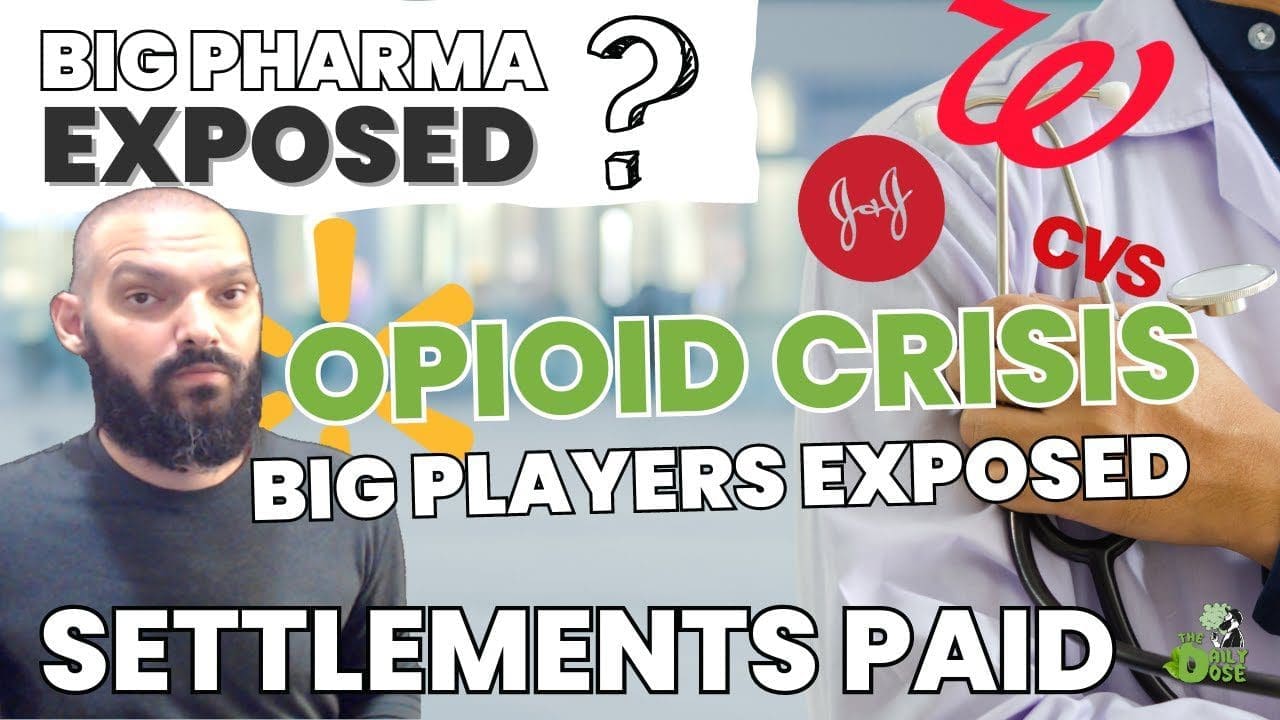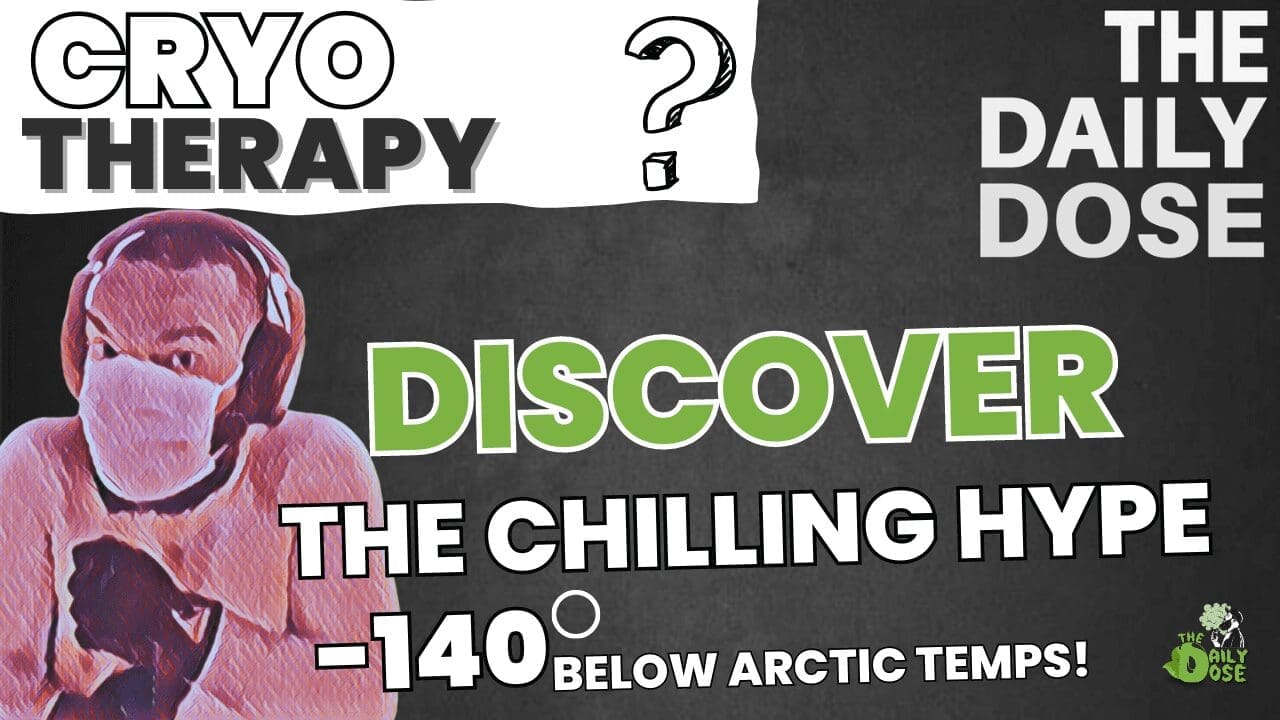To Listen To The Full Audio Episode Click Here: The Daily Dose Podcast Audio
Opioid Lawsuits Settlements And Big Pharma Exposed
Introduction
Welcome to our comprehensive guide on prescription opioids and the pending lawsuits. If you or a loved one has been affected by the opioid crisis, understanding the legal aspects of these cases is crucial.
In this guide, we will provide you with valuable information about prescription opioid lawsuits, their implications, and how to navigate the legal process effectively. Our aim is to equip you with the knowledge you need to make informed decisions and seek justice.
Understanding Prescription Opioids
Prescription opioids are powerful pain-relieving medications commonly prescribed by medical professionals. While these drugs can be highly effective in managing severe pain, they also carry a significant risk of addiction and abuse. Examples of prescription opioids include oxycodone, hydrocodone, morphine, and fentanyl.
The Opioid Crisis
Over the past few decades, the United States has been grappling with an opioid epidemic of alarming proportions. The widespread availability and over prescription of opioids have led to a surge in addiction, overdoses, and devastating consequences for individuals, families, and communities. Recognizing the magnitude of this crisis, many individuals and entities have taken legal action against pharmaceutical manufacturers, distributors, and healthcare providers.
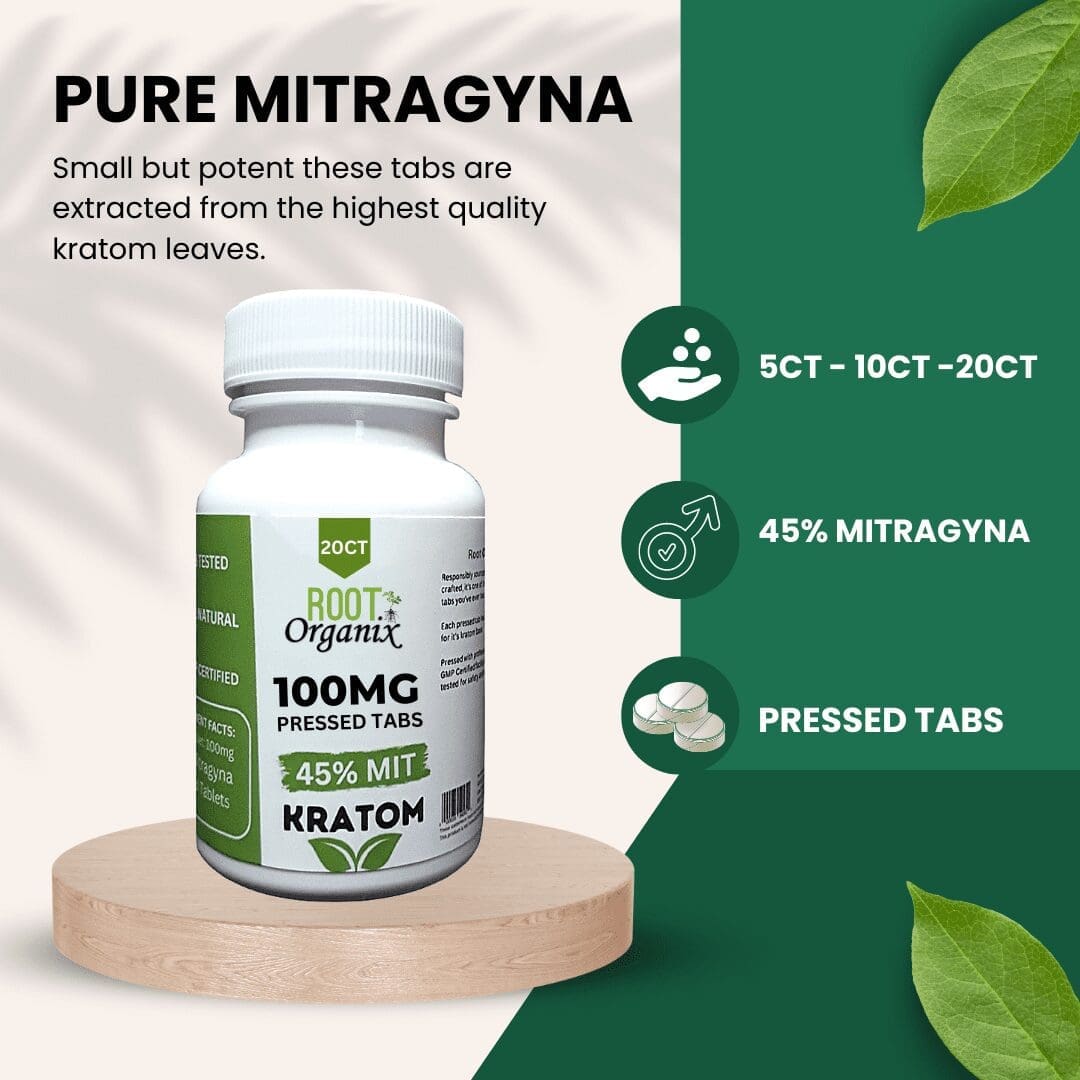
Prescription Opioid Trials Explained
Prescription lawsuits are legal actions filed by individuals, communities, or government entities against parties believed to be responsible for the opioid epidemic. These lawsuits aim to hold pharmaceutical companies, distributors, and healthcare professionals accountable for their alleged role in fueling the epidemic.
Parties Involved in Lawsuits
- Pharmaceutical Manufacturers: These companies develop, produce, and market prescription opioids. Lawsuits against manufacturers often revolve around allegations of deceptive marketing practices, downplaying addiction risks, and failing to disclose crucial information about the drugs.
- Distributors: Pharmaceutical distributors play a crucial role in the supply chain, distributing prescription opioids to pharmacies, hospitals, and healthcare providers. Lawsuits targeting distributors often focus on claims of inadequate monitoring, suspicious order fulfillment, and failure to report suspicious activity.
- Healthcare Providers: Physicians, pharmacists, and healthcare facilities can also face legal action if they are accused of prescribing opioids recklessly, negligently, or in violation of professional standards.
Grounds for Lawsuits
Prescription opioid-lawsuits typically involve one or more of the following legal claims:
- False Advertising: Allegations that pharmaceutical manufacturers misrepresented the safety, effectiveness, or addictive nature of their drugs in their marketing materials.
- Failure to Warn: Accusations that manufacturers and distributors failed to provide adequate warnings about the risks, side effects, and addictive potential of prescription opioids.
- Negligence: Claims that healthcare providers breached their duty of care by overprescribing opioids, disregarding patient safety, or failing to monitor patients for signs of addiction.
- Public Nuisance: Lawsuits that argue the opioid epidemic constitutes a public nuisance, adversely affecting communities and requiring financial compensation for associated damages.
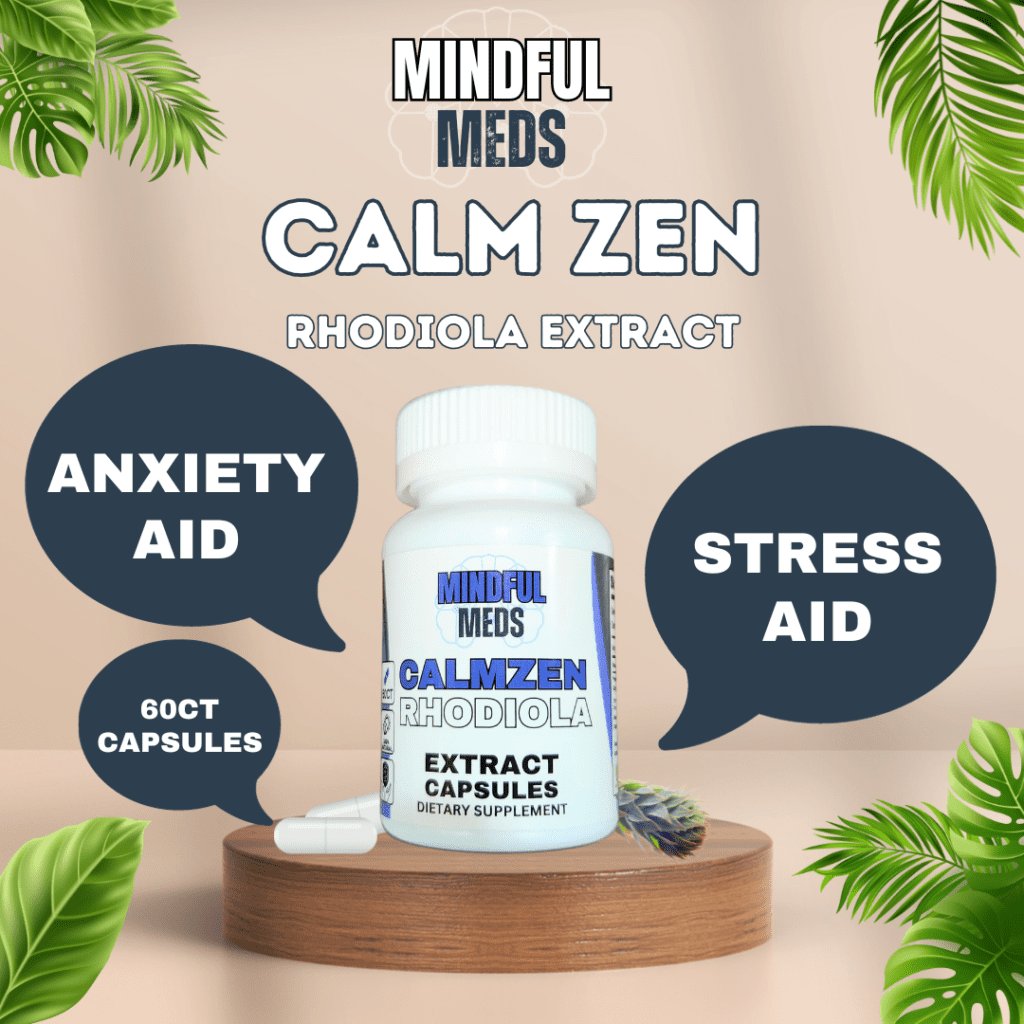
Filing a Lawsuit
If you believe you have a valid claim related to prescription opioids, here are the general steps involved in filing a lawsuit:
1. Consultation with an Attorney
To assess the viability of your case, it is crucial to consult with an experienced attorney specializing in prescription opioid lawsuits. They can evaluate your situation, gather relevant evidence, and guide you through the legal process.
2. Investigation and Evidence Gathering
Your attorney will conduct a thorough investigation to gather evidence supporting your claim. This may involve reviewing medical records, obtaining expert opinions, and analyzing marketing materials from pharmaceutical companies.
3. Complaint Filing
Once your attorney has built a strong case, they will file a formal complaint in the appropriate court. This document outlines your allegations, identifies the parties involved, and states the damages you seek.
4. Discovery and Settlement Negotiations
During the discovery phase, both parties exchange relevant information, including documents, depositions, and interrogatories. Settlement negotiations may occur at this stage, with the aim of reaching a mutually agreeable resolution.
5. Trial or Settlement
If a settlement cannot be reached, the case proceeds to trial. At trial, both sides present their arguments, and a judge or jury determines the outcome. Alternatively, parties may choose to settle before trial, resulting in a negotiated resolution.
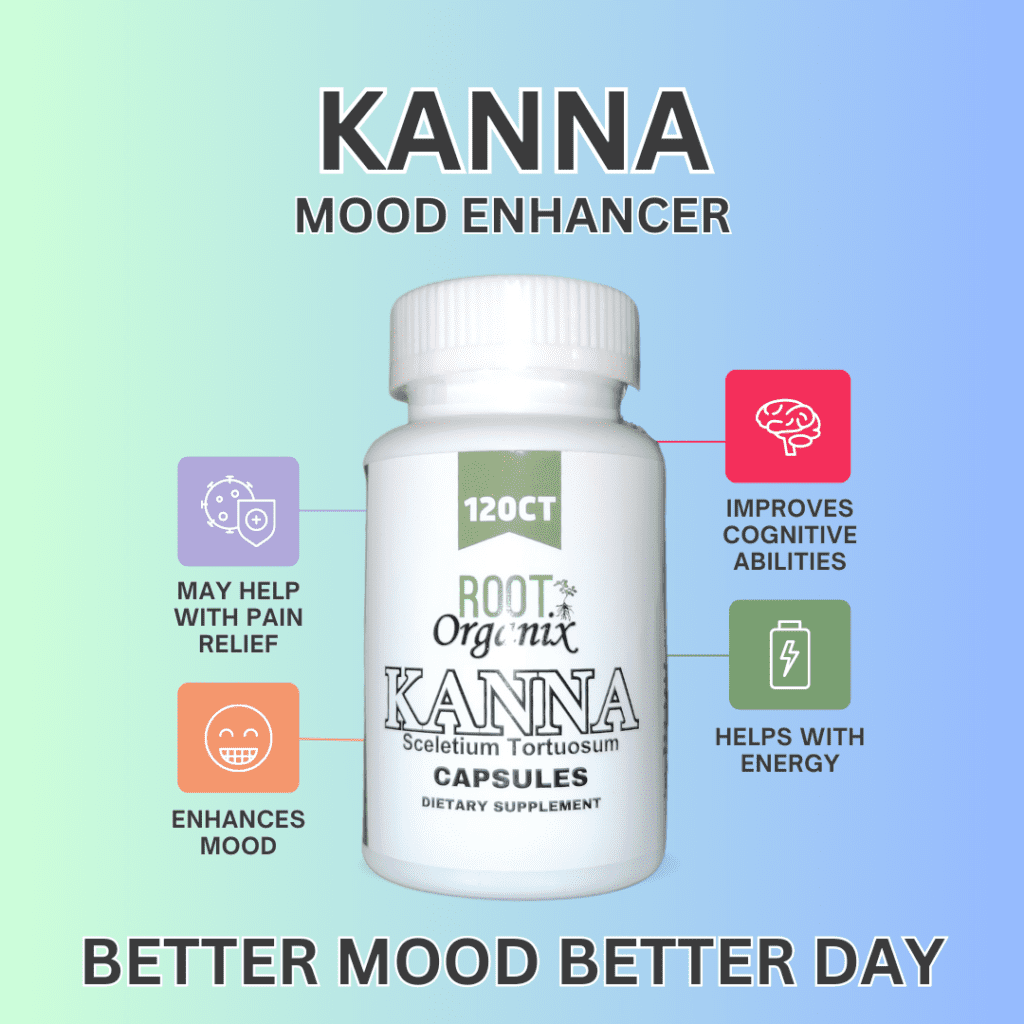
Seeking Compensation and Remedies
If your prescription lawsuit is successful, you may be eligible for various forms of compensation and remedies, including:
- Medical Expenses: Reimbursement for medical costs incurred due to opioid addiction or related conditions.
- Rehabilitation Costs: Coverage for addiction treatment, rehabilitation programs, and counseling.
- Lost Wages: Compensation for lost income resulting from opioid addiction or related consequences.
- Pain and Suffering: Damages awarded for physical and emotional pain endured as a result of opioid addiction.
- Punitive Damages: In cases of extreme negligence or misconduct, additional damages may be awarded to punish the responsible parties.

Conclusion: Opioid Lawsuits And Compensation
Prescription opioid litigation provide an avenue for individuals and communities affected by the opioid epidemic to seek justice and hold accountable those believed to be responsible.
By understanding the legal aspects and steps involved, you can navigate the complex process more effectively. If you or someone you know has been impacted by prescription opioids, consulting with an experienced attorney is crucial to determine the viability of your case and pursue rightful compensation.
Remember, you are not alone, and there is support available to help you on your journey towards justice.
FAQs
What are prescription opioids?
What is the opioid problem?
Who can be held accountable in these trials?
Related Articles:
- Flesh Eating Drug Xylazine Explained Now
- Border Crisis Patrol Officer Carrell Talks
- Main Article
- File Your Claim Here
Meet The Author


